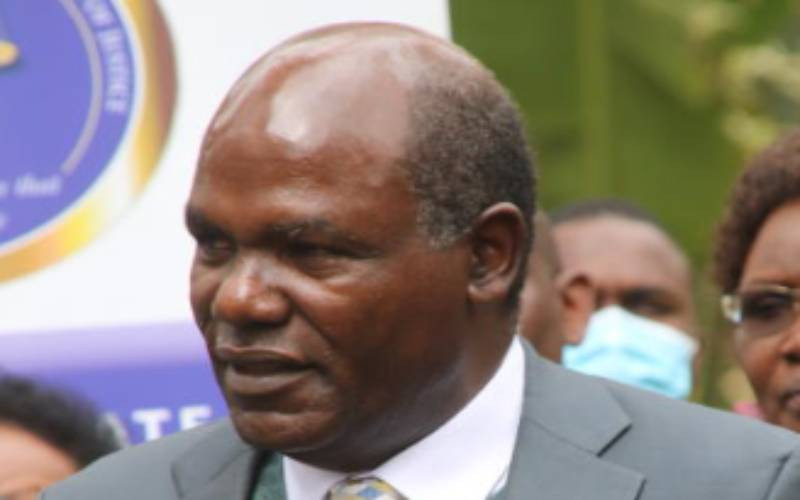×
The Standard e-Paper
Kenya’s Boldest Voice

The High Court on Wednesday directed the Independent Electoral and Boundaries Commission (IEBC) to provide a manual register during the August 9, 2022 General Election.
Justice Thande Mugure of the Milimani Law Courts in Nairobi said the manual register will complement the electronic voter-identification register.